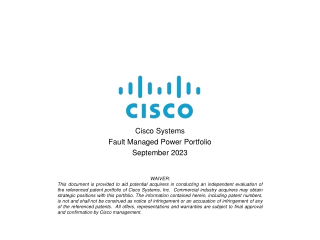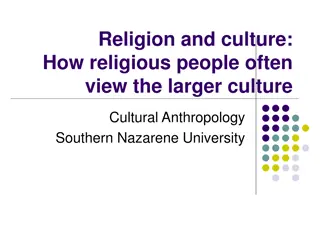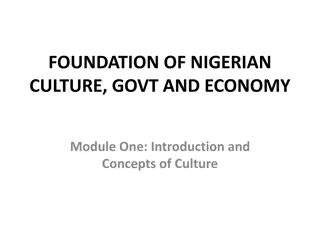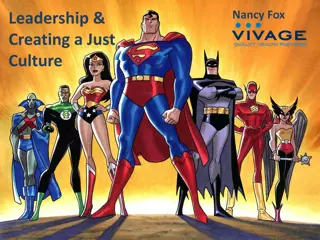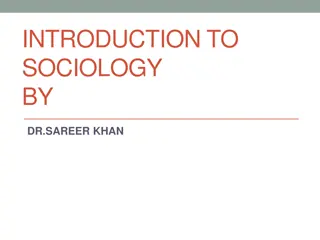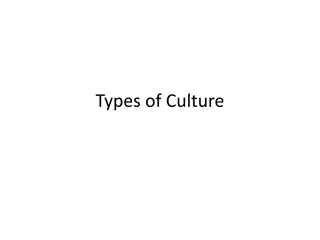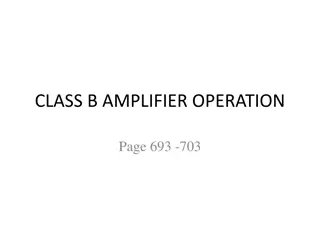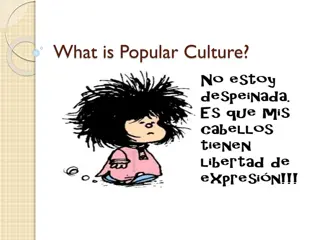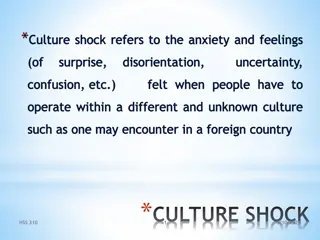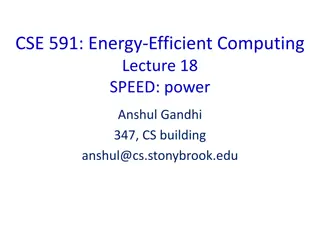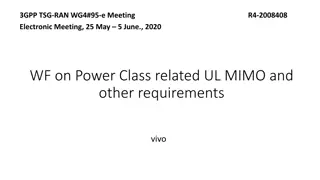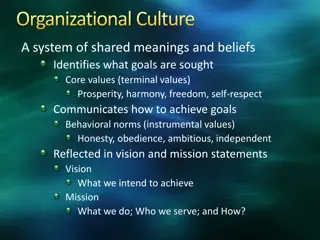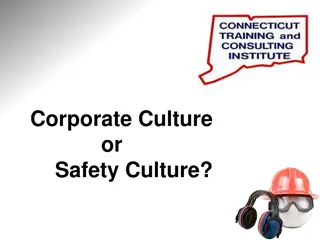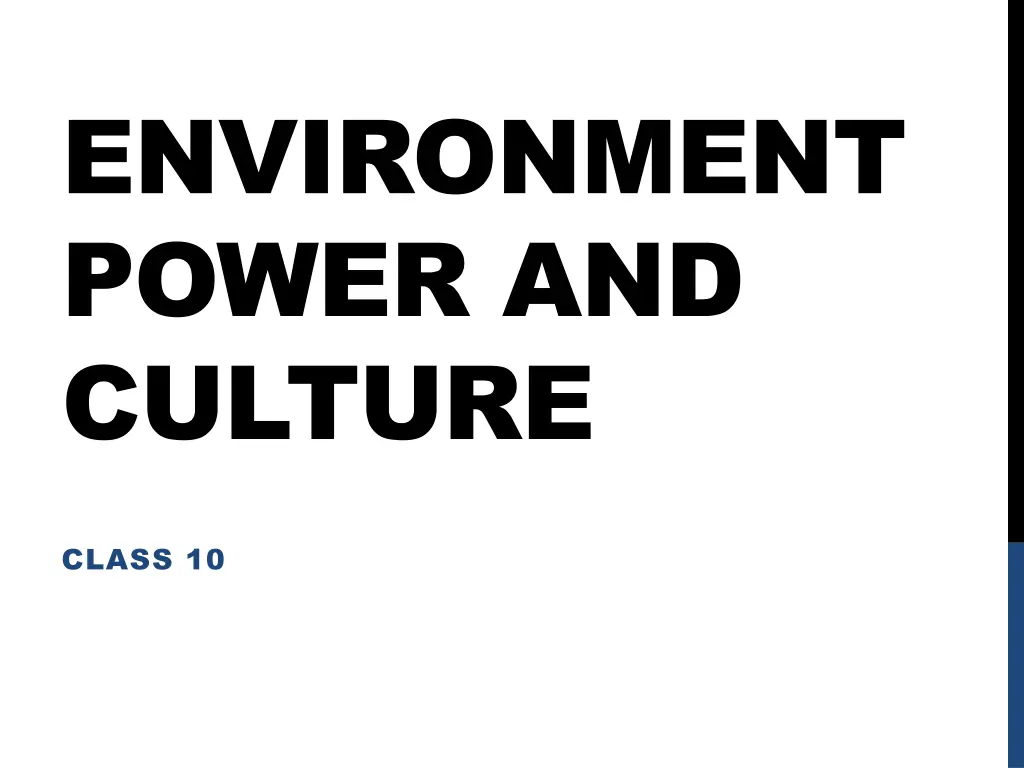
Understanding Environment, Power, Culture, and Social Context
Explore the concepts of environment, power, culture, and social context, delving into their significance in various contexts such as organizations and individual behavior. Discover how these factors shape relationships, decision-making, and success in different settings.
Download Presentation

Please find below an Image/Link to download the presentation.
The content on the website is provided AS IS for your information and personal use only. It may not be sold, licensed, or shared on other websites without obtaining consent from the author. If you encounter any issues during the download, it is possible that the publisher has removed the file from their server.
You are allowed to download the files provided on this website for personal or commercial use, subject to the condition that they are used lawfully. All files are the property of their respective owners.
The content on the website is provided AS IS for your information and personal use only. It may not be sold, licensed, or shared on other websites without obtaining consent from the author.
E N D
Presentation Transcript
ENVIRONMENT POWER AND CULTURE CLASS 10
SOCIAL CONTEXT Social context refers to the immediate physical and social setting in which people live or in which something happens or develops. It includes the culture that the individual was educated or lives in, and the people and institutions with whom they interact. Examples of Social Context 1. Regulations (EPA, Anti Trust Laws, Food and drug acts) 2. Norms (Ways of doing business Universities don t recruit teachers after May 1st, In the diamond trade large deals happen on basis of a handshake) . 3. Shared Understandings (Certain ethnicities being drawn to certain jobs, Siesta!)
POWER Power is an individual actors ability to accomplish his or her goals by using resources obtained through Non contractual exchange relationships Non contractual exchange contracts economic markets * Any exchanges take place outside traditional * Not enforceable in court Power does not equal authority Authority is given to individuals through contract.
DO SUCCESSFUL ORGANIZATIONS NEED POWERFUL MANAGERS? Unless employee relationships can be completely governed by incentive contracts a manager has to have some sort of power. How can decision makers be paid through power and not through higher salaries? But power does not guarantee success.
CULTURE A firms culture is a set of values, beliefs, norms of behavior shared by its members that influences employee preferences and behaviors. Examples of cultural fit Zappos Does a cultural fit interview which is 50% of the interview. Also after training they give you $2000 to leave. All Blacks They clean up after themselves. Better people make better All Blacks Southwest Airlines Employees are allowed to go the extra mile to make customers happy.
INDIVIDUAL QUESTIONS 1. Identify 3 cultural examples in the organization you work for 2. Identify the Power players in your organization what is the source of their power? 3. What unique ways do your organizations do business norms that you would not necessarily see in other organizations?
ASSIGNMENT GROUP QUESTIONS 1. 2. 3. 4. 5. 6. 7. 8. What is your product/service? How much of a profit will you make in the short term? What are the opportunities for profit in the long term? Who is your biggest competitor? Who has more power you or your buyers? What is your relationship with your suppliers? What is your profit margins per item sold? How many references do your have in your works cited page? If you were going to start this business today, how much money do you need? 10. What is the most important lesson of this assignment? 9.

